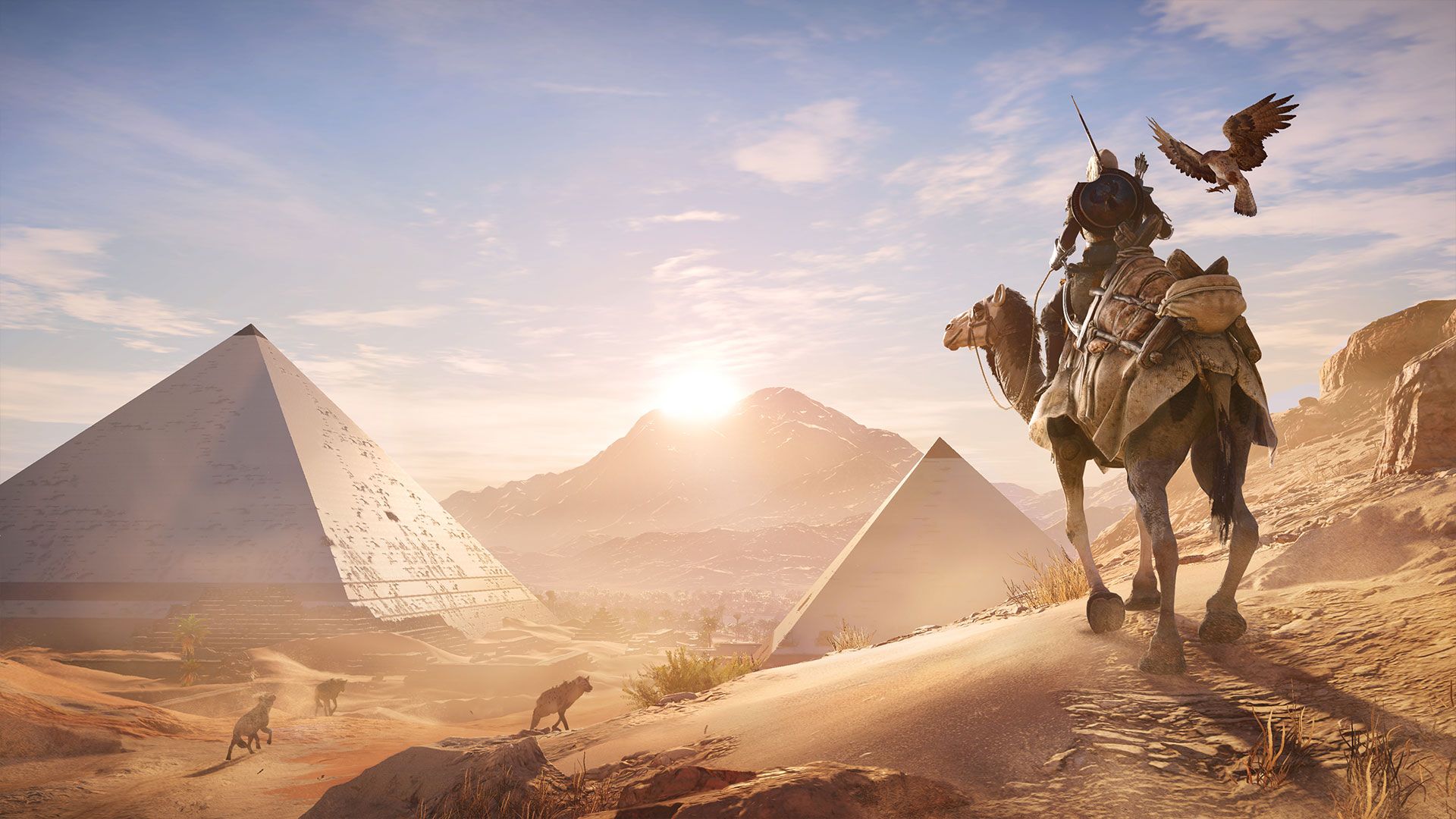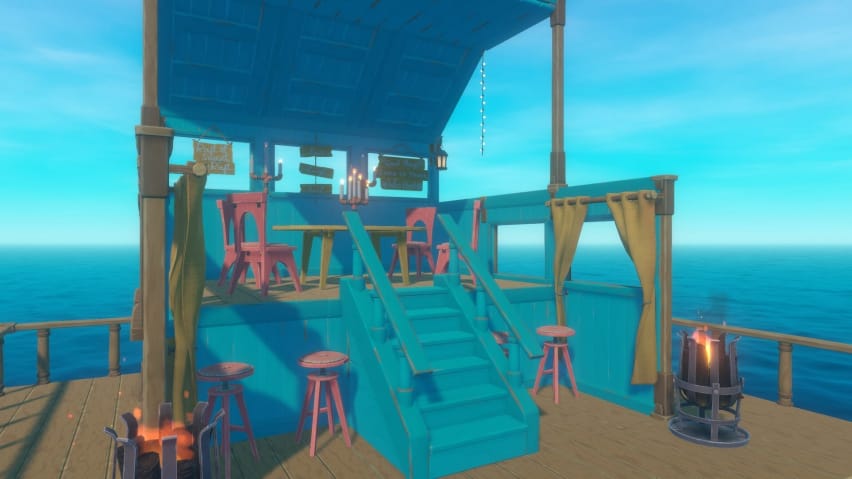
Following a recent report, Ubisoft has confirmed the existence of Assassin’s Creed Infinity, which is essentially a live-service platform that will act as a home for the series’ in the years to come. As cynical as it might seem, we all should have seen this coming. Assassin’s Creed has always been about quantity over quality, stuffing its gorgeous worlds with all manner of quests, characters, and treasures to uncover that allow players to lose themselves for hundreds upon hundreds of hours.
Valhalla was the most ambitious entry yet, and also the largest, with Ubisoft confirming that a second year of post-launch support is on the way following the launch of two hugely successful expansions. Once that’s over and done with, it seems that Infinity will take charge, acting as an ecosystem designed to house a number of historical settings under a single cohesive banner. From an economic and future-proofing perspective, it’s a move that makes total sense. However, it’s one that seems to forget what makes Assassin’s Creed so compelling in the first place, which goes beyond just stuffing us with regular content updates and maps that favour material excess over meaningful substance.
Related: Monster Hunter Stories 2 Review – Ride Or Die
“Rather than continuing to pass the baton from game to game, we profoundly believe this is an opportunity for one of Ubisoft’s most beloved franchises to evolve in a more integrated and collaborative manner,” reads the official blog post, which seems to confirm that mainline games as we know them are a thing of the past for this series. Assassin’s Creed has been evolving to fit this specific mold for years. While Origins was light on RPG systems, Odyssey and Valhalla would further expand upon them with deeper equipment management, optional cosmetics, and even seasonal events that ape the likes of Destiny 2 and Overwatch.

Valhalla is filled with your usual live-service trappings, which I imagine will be a fundamental part of the package going forward. I’m sure some will love it, but for me, it’s a sign to walk away. I already struggled to invest in Valhalla, knowing what it asked of me was too vast if I ever wished to see everything this luscious take on Viking history had to offer. Wrath of the Druids managed to catch my eye, largely because the expansion pitched itself as a standalone experience, one that existed away from the hustle and bustle of the sprawling open world while offering a contained story that could be enjoyed and left alone once all was said and done.
The main games simply aren’t like this anymore, opting to keep you completely engaged with objectives even if the moment-to-moment action feels hollow. Part of me worries that completely translating to a live-service model will result in these excursions being left behind in favour of something grander, something bigger in scope that simply isn’t curated well enough to leave a lasting impression.
Abstergo and the Animus programme will likely be the in-universe foundation for Assassin’s Creed Infinity, acting as a base of operations for players to access a number of different locations. Each season could bring with it a new city or locale, one with its own individual arc that simultaneously contributes to a larger narrative. In this respect, it has a lot of potential for battle passes, seasonal engagement, and perhaps even its own take on the growing popularity of virtual metaverses. However, it also lends itself to a trend of needlessly large open worlds and content for the sake of content, forcing studios to pump out endless streams of weapons, costumes, quests, and whatever else they deem necessary to keep player retention high and the money pouring in. Like I said, I hate to be cynical, but Ubisoft’s way of doing business in recent years only reinforces many of my worries, all of which are now coming to fruition.

Infinity feels like a bittersweet sign of a future that I’m perhaps just a little too stubborn to accept. For years I’ve been able to see through the cracks in Ubisoft’s open-world design, whether it be in Assassin’s Creed, Far Cry, or even The Crew. They’re all built upon the same model where a map is filled with things to do and it’s your job to go out and do them all. Valhalla did an excellent job of making this feel more cohesive, like you were making natural discoveries in a similar manner to Breath of the Wild, but it was still too easy to see how all of the components were pieced together. A live-service approach runs the risk of furthering this artificiality, and not in a way that does any of these games justice.
Ubisoft has an established library of properties it could easily translate into live-service affairs moving forward, doubly so if the economic picture proves to be more fruitful. Far Cry could take a similar approach to Assassin’s Creed, while Rainbow Six Siege has long since established itself as one of the biggest shooters in the world. It is becoming increasingly common for major developers to expect players to devote their attention to a single game all of the time, demanding investment in regular updates in order to avoid missing out and being left behind. The market is already saturated, and is going to become even more so as we see RPG behemoths like Assassin’s Creed join the ranks. I'm not convinced – but I’ll hold my judgement given that Infinity is likely several years away from launch. Could have used a different name knowing Halo Infinite is already a thing, though.




